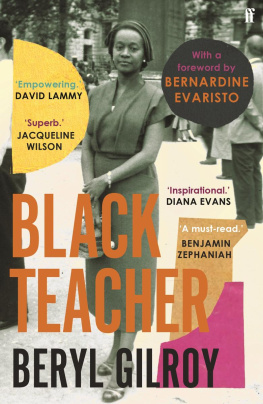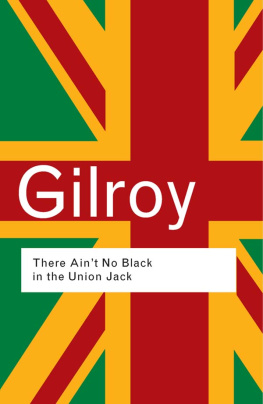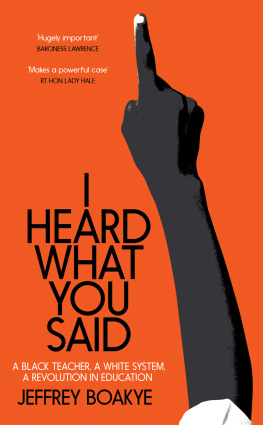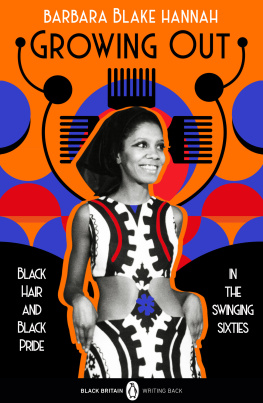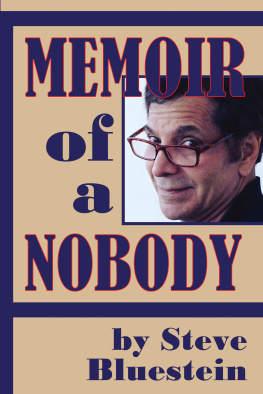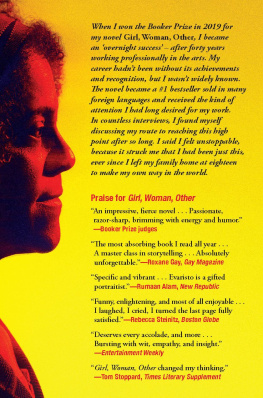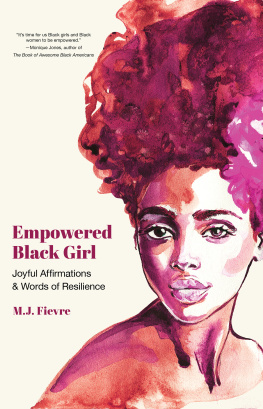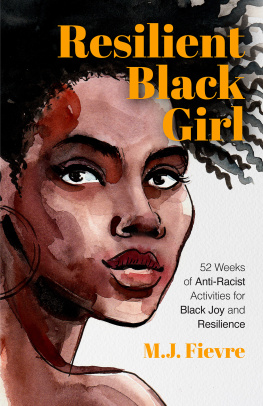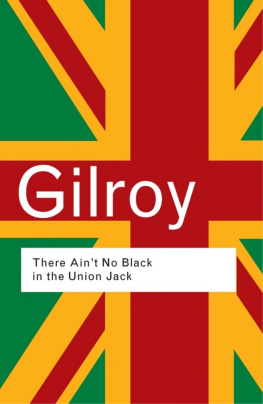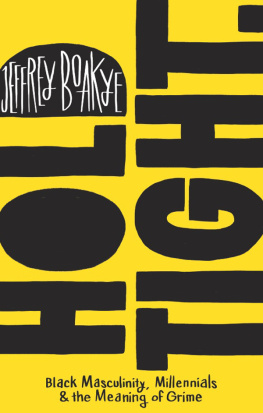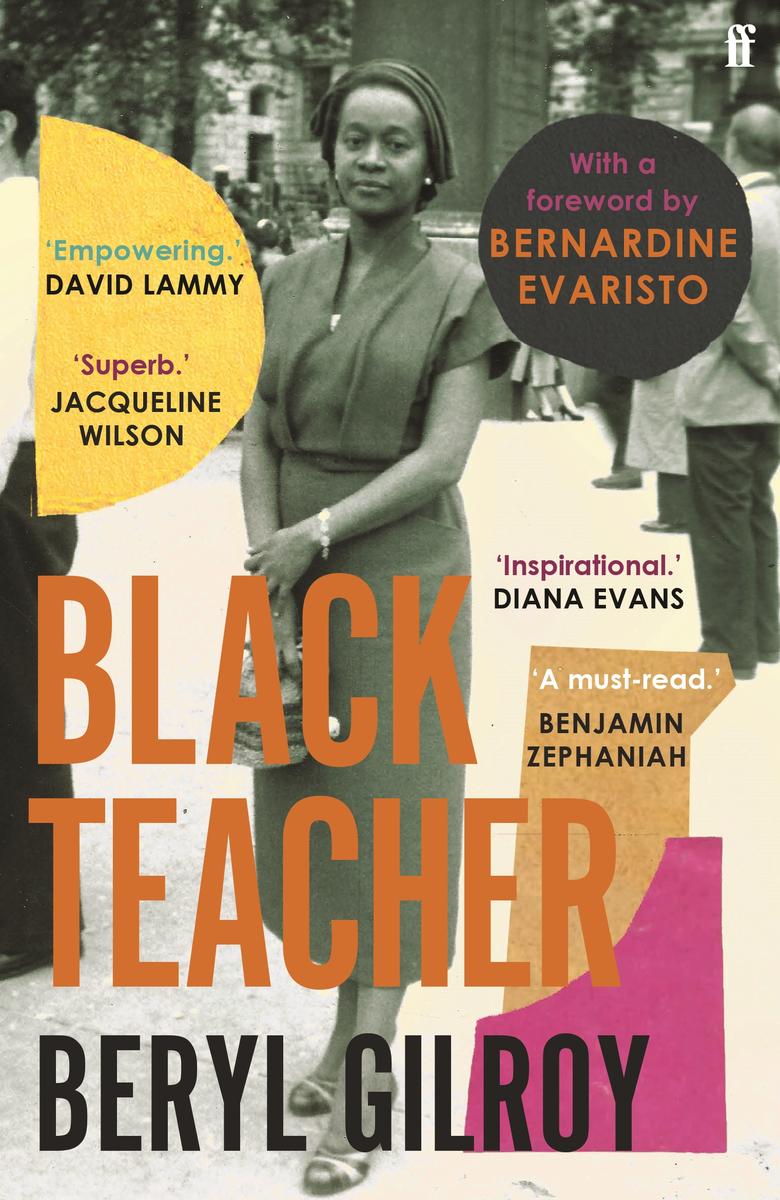Beryl Gilroy - Black Teacher
Here you can read online Beryl Gilroy - Black Teacher full text of the book (entire story) in english for free. Download pdf and epub, get meaning, cover and reviews about this ebook. year: 2021, publisher: Faber & Faber, genre: Art. Description of the work, (preface) as well as reviews are available. Best literature library LitArk.com created for fans of good reading and offers a wide selection of genres:
Romance novel
Science fiction
Adventure
Detective
Science
History
Home and family
Prose
Art
Politics
Computer
Non-fiction
Religion
Business
Children
Humor
Choose a favorite category and find really read worthwhile books. Enjoy immersion in the world of imagination, feel the emotions of the characters or learn something new for yourself, make an fascinating discovery.
- Book:Black Teacher
- Author:
- Publisher:Faber & Faber
- Genre:
- Year:2021
- Rating:4 / 5
- Favourites:Add to favourites
- Your mark:
Black Teacher: summary, description and annotation
We offer to read an annotation, description, summary or preface (depends on what the author of the book "Black Teacher" wrote himself). If you haven't found the necessary information about the book — write in the comments, we will try to find it.
Therediscoveredclassic: anunforgettable memoir by a trailblazing black woman in post-war London,introduced byBernardineEvaristo (I dare anyone to read it and not come away shocked, moved and entertained)
Benjamin Zephaniah: A must-read. Her life makes you laugh. Her life makes you cry. Get to know her.
Jacqueline Wilson: A superb but shocking memoir ... Imaginative, resilient and inspiring.
Christie Watson: A beautiful memoir of one womans strength and dignity against the odds.
Steve McQueen: Gilroy blazed a path that empowered generations of Black British educators.
David Lammy: This empowering tale of courage, resistance, and triumph is a breath of fresh air.
Diana Evans: Important, enlightening and very entertaining, full of real-life drama ... Inspirational.
Paul Mendez: Written with a novelists ear and sense of atmosphere ... A vital and unique testament.
Jeffrey Boakye: A landmark. Warm and wise ... Life lessons we can all learn from.
Alex Wheatle: A pioneer in many fields and wonderful example for all of us ... Essential reading.
Denied teaching jobs due to the colour bar.Working in an office amidst the East Ends bombsites.Serving as a ladys maid to an Empire-loving aristocrat. Raising two children in suburbia. Becomingone of the first black headteachers in Britain.
In 1952, Beryl Gilroy moved from British Guiana to London. Her new life wasnt what she expected - but her belief in education resulted in a revolutionary career. Black Teacher, her memoir, is a rediscovered classic: not only a rare insight into the Windrush generation, but a testament to how her dignity, ambition and spirit transcended her era.
Reader Reviews:
Incredibly important ... Such an interesting read, and I am so glad that it is being republished.
Wonderful and insightful. I really, thoroughly enjoyed reading this book.
Eye-opening ... A powerful reminder of how far we have come ... Beautifully written ... I wish everyone could have a teacher like Beryl!
Really lovely, and a surprisingly quick read ... I wish I could have met her.
A great piece of history [with] so much relevance even today as it touches upon issues of race, education and female empowerment.
Excellent [on] what it was really like for the Windrush Generation... Highly recommended.
Beryl Gilroy: author's other books
Who wrote Black Teacher? Find out the surname, the name of the author of the book and a list of all author's works by series.

